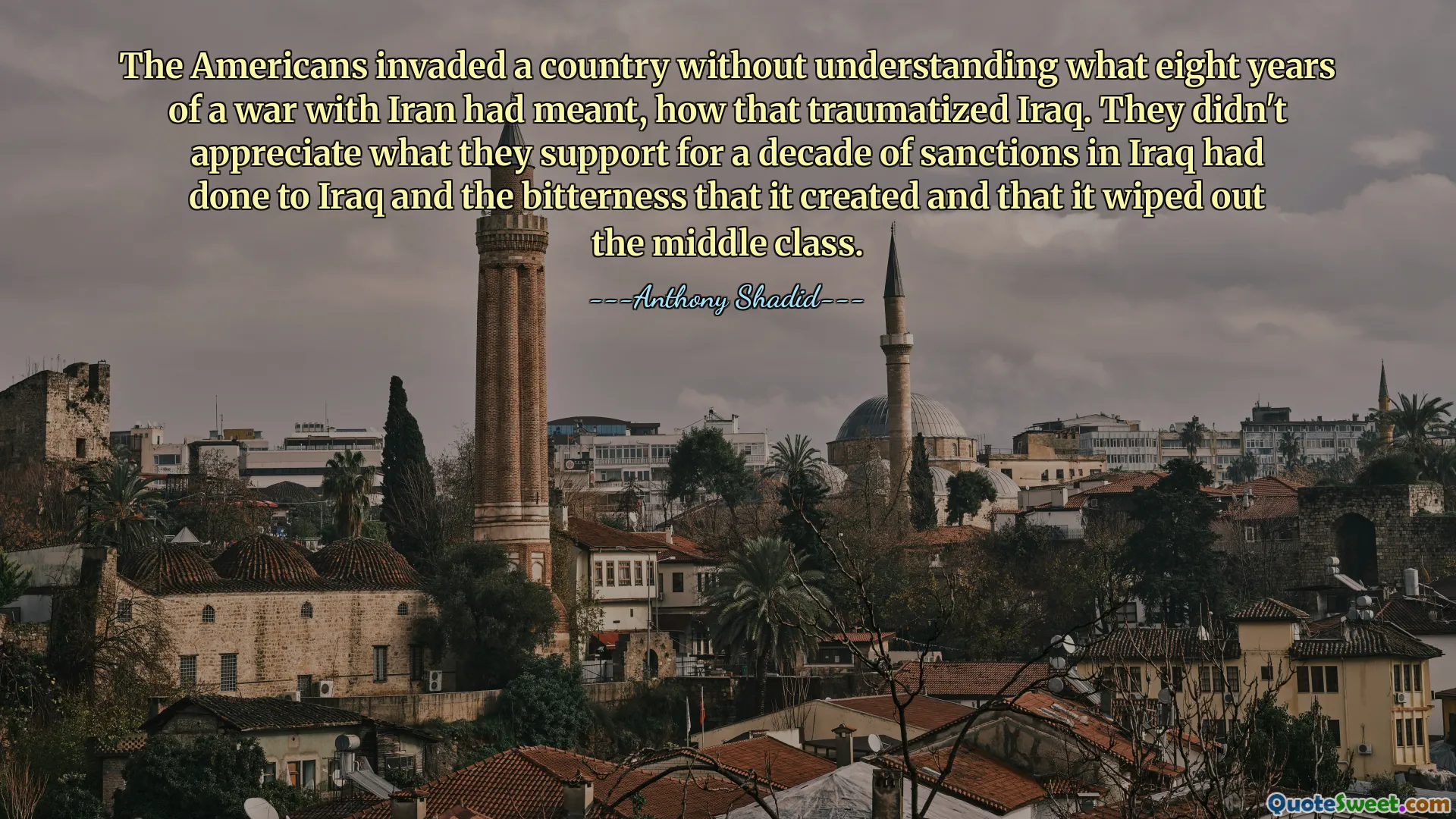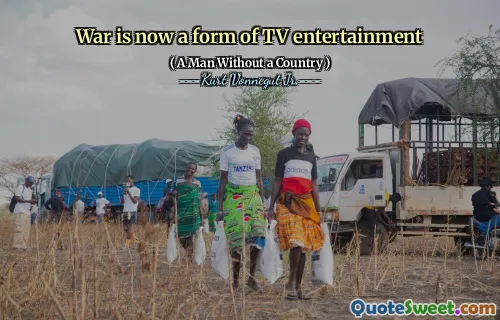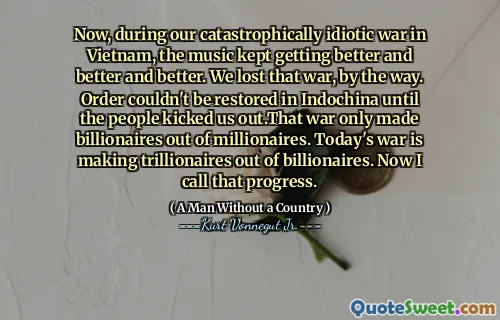
The Americans invaded a country without understanding what eight years of a war with Iran had meant, how that traumatized Iraq. They didn't appreciate what they support for a decade of sanctions in Iraq had done to Iraq and the bitterness that it created and that it wiped out the middle class.
This quote underscores the complexities and unintended consequences of foreign intervention in Iraq, highlighting a profound lack of understanding by the United States regarding the country's recent history. The invasion, which was often framed as a response to weapons of mass destruction and terrorism, ignored the deep scars left by the Iran-Iraq War roughly a decade earlier. That conflict had devastated Iraq physically, economically, and socially, leaving echoes of trauma and extremism that extended beyond the battlefield into Iraqi society as a whole. Moreover, the decade-long sanctions imposed on Iraq further crippled the nation—destroying its economy, eroding healthcare and education systems, and causing widespread suffering among ordinary Iraqis. Such measures, while intended as political tools, effectively impoverished and marginalized the population, particularly dismantling the middle class that traditionally serves as the backbone of a stable society.
The breaking of this social fabric and economic foundation fostered bitterness, resentment, and a sense of betrayal among Iraqis. These sentiments were often overlooked or misunderstood by external actors who believed that military intervention and regime change alone could stabilize the country. The quote poignantly illustrates that foreign powers, particularly the United States, failed to grasp the full scope of Iraq’s internal wounds, resulting in policies that deepened divisions rather than fostering healing. The profound insight lies in understanding that interventions must account for historical trauma, societal dynamics, and the long-term repercussions of sanctions and conflict. Otherwise, the cycle of chaos and resentment persists, making nation-building an exponentially more complex endeavor. Such reflections serve as a reminder of the necessity for empathy, thorough historical understanding, and strategic foresight in international interventions.











